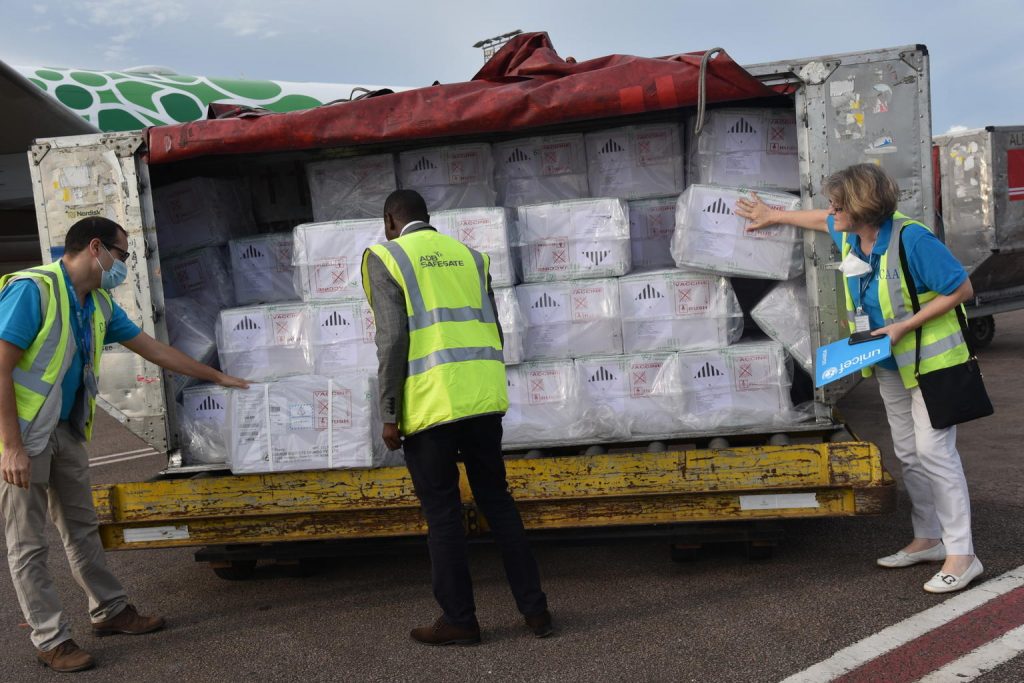This World Immunisation Week (April 24), it is more important than ever to think about vaccinating your child. Outbreaks of dangerous, preventable diseases are inevitable when pockets of children are left unprotected.
The coronavirus disease (COVID-19) outbreak is confronting families around the world. Suddenly, parents are facing an urgent challenge: how to protect themselves and their children from a rapidly spreading infectious disease. The COVID-19 virus is terrible proof that outbreaks can happen in any country. And, in an interconnected world, an outbreak anywhere is a threat to children everywhere.
We may not have a vaccine for COVID-19 yet, but we do for other deadly and highly contagious vaccine preventable diseases such as measles and polio. Health systems around the world are overstretched and the longer the pandemic continues, the more essential health services like vaccinations will be disrupted.
Yet, outbreaks are inevitable when pockets of children are left unprotected. Today, over 13 million children are not receiving any vaccines. In some cases, conflict is making it hard to deliver vaccines in remote or restricted areas. In others, parents are choosing not to vaccinate their children because they are unaware about the risks these diseases present or because misinformation has seeded distrust.

As COVID-19 disrupts daily routines, many parents may be wondering whether they still can get their children vaccinated. We advise that if you still have access to immunisations, take the opportunity to get them for your child while following national and local guidance on COVID-19 protective measures. This way, when your children return to school, they will be safe from other diseases. If immunisation services are not available, it will be important to seek vaccination for children as soon as it is possible to do so safely.
The COVID-19 outbreak reveals what is at stake when communities do not have the protective shield of immunization against an infectious disease. Vaccines, when they are available, are the most effective tool to prevent outbreaks of dangerous diseases. That’s why staying informed about the benefits of vaccines – and the risks of not getting vaccinated – is more important than ever.
The science is clear. Vaccines are safe, effective and life-saving tools to prevent outbreaks. #VaccinesWork
13 million children did not receive vaccines before Covid-19. Find out more about the enormous risk to the lives of children posed by the suspension of immunisation campaigns during lockdowns all over the world.

